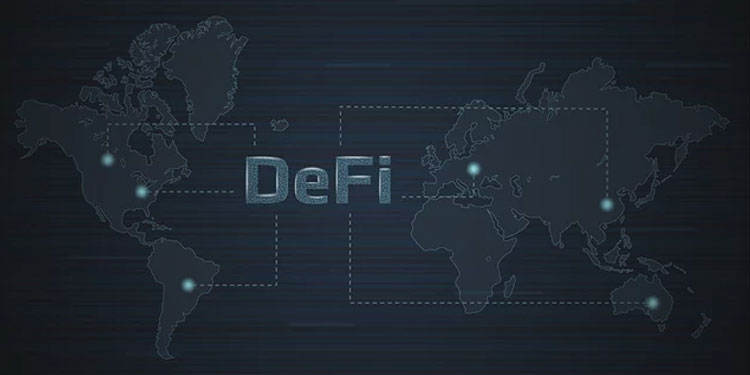Between encryption and blockchain technology, there are all kinds of new ways to create, buy, and sell digital assets. There are more ways to protect data and sensitive information. Minting can make unique digital assets and protect important files.
Encryption can hide metadata and content from malicious hackers and other entities on the internet. Tokens can be fungible or non-fungible. Smart contracts can activate or deactivate NFTs (non-fungible tokens). Whatever you are looking to do with these technologies, there are plenty of new and exciting things happening. Below are some details about blockchain and encryption you should know about.
What is Blockchain?
Blockchain is technology that facilitates the management of assets for a company or individual. It records transactions and follows assets in a business network. These assets can be anything, but the technology has become central to tokens and cryptocurrency.
There are three parts of blockchain. First, there is a distributed ledger technology where all network participants have access to transactions that are only recorded once. This eliminates the duplication that can occur in business. Next, the record is kept secure. All records are immutable, meaning no one can tamper with them. Even if there is a mistake that is correct, both the mistake and correction are visible. Finally, there are smart contracts.
Smart Contracts
A smart contract is a set of rules stored on the blockchain. This can define all kinds of financial transactions. An NFT smart contract can activate or deactivate the non-fungible token, but it also manages other digital assets. Smart contracts are used for the minting process of NFTs and to assign ownership of the token. When you create an NFT, you will use a smart contract but then you will use it again if you sell it. Smart contracts can hold NFT auctions. Smart contracts are essentially pieces of code that allow the blockchain to transport or move data. This differs from crypto wallets in several ways.
Cryptocurrency
Cryptocurrency is held in what’s called a crypto wallet, which is a software that allows businesses and individuals to send and receive cryptocurrency. There are a few different crypto wallets to choose from. Private keys are stored in the wallet, not the currency itself.
While smart contracts hold code that keeps track of financial transactions, crypto wallets only have the private key proving ownership of the blockchain. Whether it’s Bitcoin, Ethereum, DogeCoin, or something else, cryptocurrencies must be stored in a wallet to prove ownership, buy, and sell cryptocurrencies. With a wallet, you can have the private key that symbolizes the encryption of the currency.
Encryption
Encryption is the scrambling of content and metadata to hide the information from other people and outside entities. You can only see the information and code with a password. Without a code, only the most skilled hackers would be able to get into encryption.
Nearly everything has an option for encryption these days. For example, there are encrypted messaging apps. Virtual private networks (VPN) use encryption on a private server to hide your online activity from even your internet service provider. Cryptocurrencies are encrypted. Whatever you do in life, getting familiar with encryption is becoming more and more pertinent.
Fungible vs Non-Fungible
When digital assets or information are minted into a token, they are fungible or non-fungible. The difference is mainly in how quickly they can be traded. For example, fungible tokens can be sold in many different exchanges while non-fungible tokens require more time and information. Non-fungible tokens go through a more complex process to be authenticated. They are usually worth more because of that. When it comes to NFTs, they are valuable because there usually aren’t many of them.
Whether you’re interested in all this thriving technology or not, there is no denying the relevance that they have in today’s world. Encryption, blockchain, cryptocurrency, and tokens will continue to be relevant. They will be used for many different purposes. These technologies are inherently decentralized, so only time will tell how governments will approach blockchain. Each will have their own regulations and rules. However you look at these technologies, one thing is for sure. Everything regarding these technologies will be interesting as we forge into the future.
